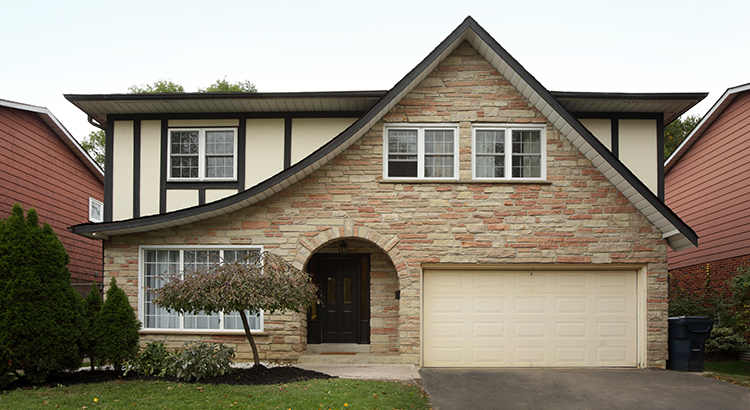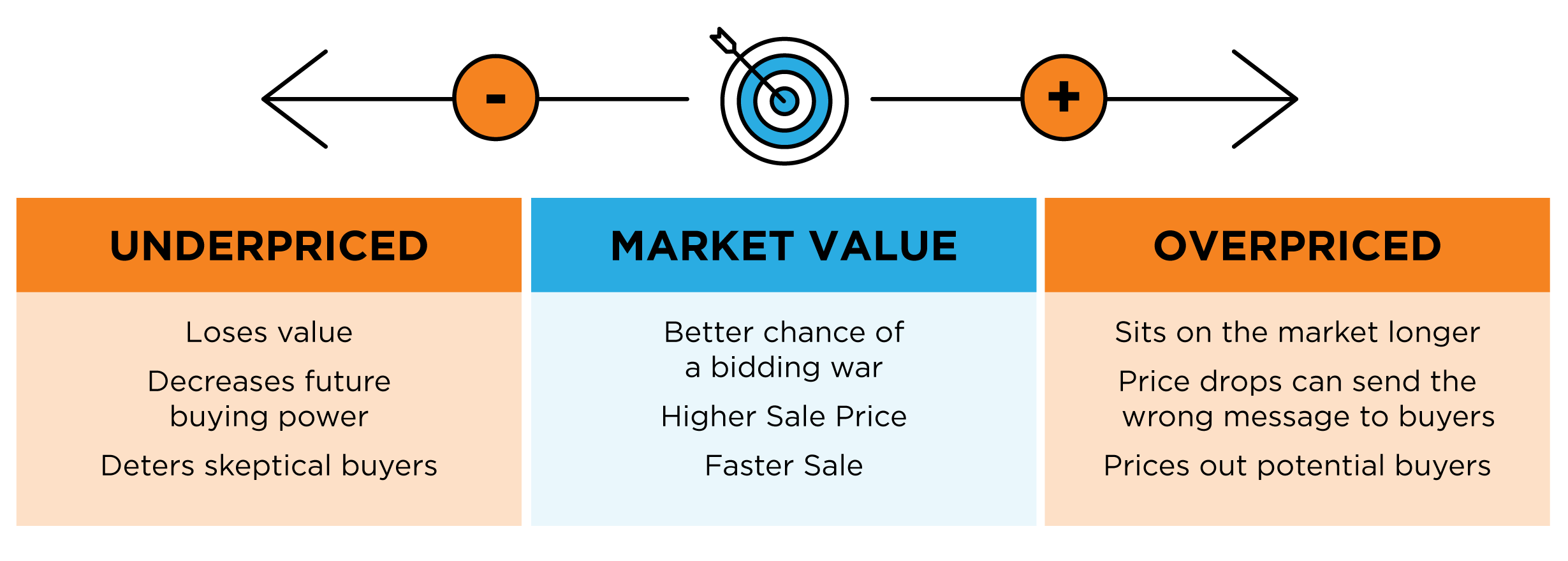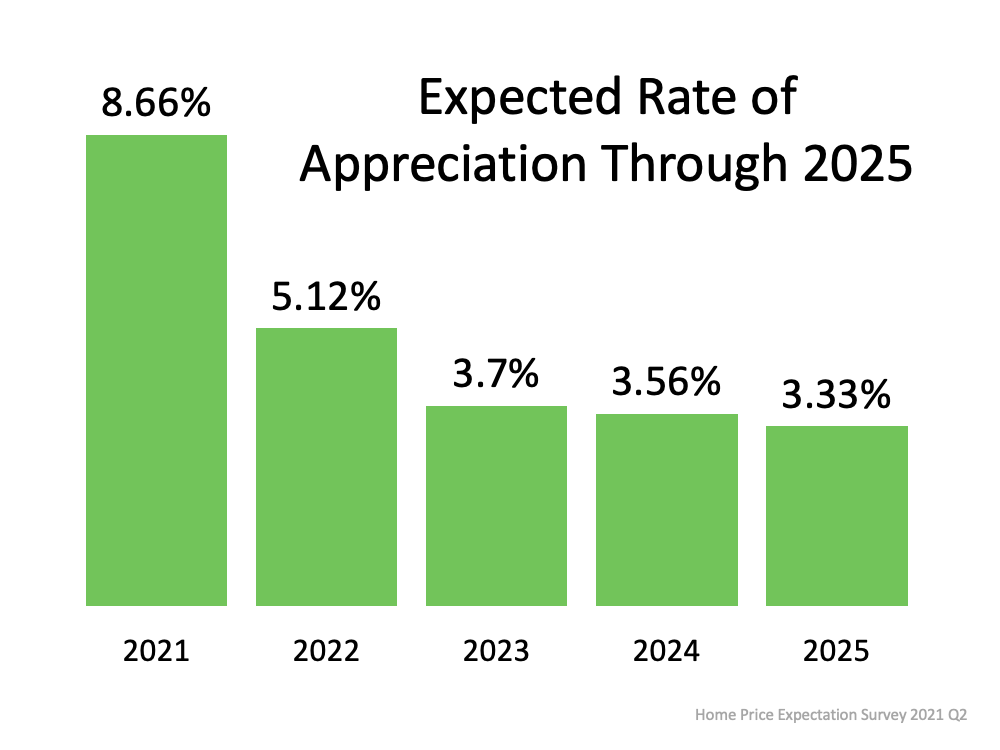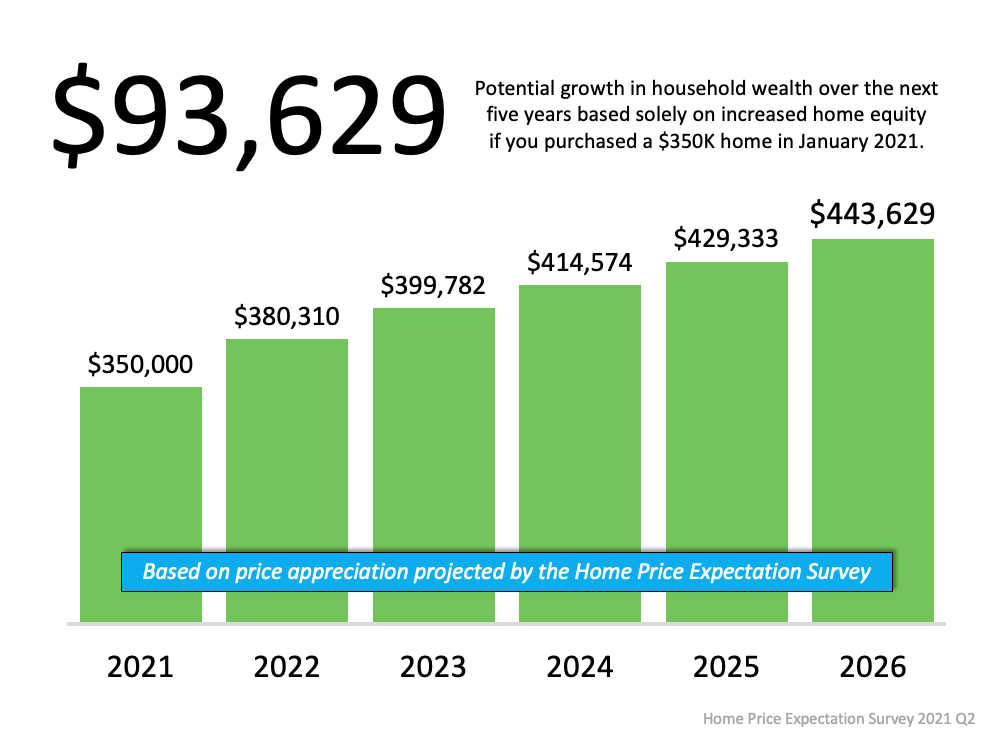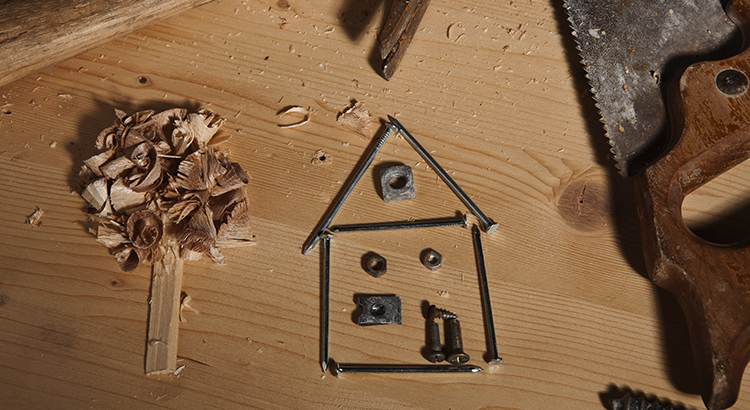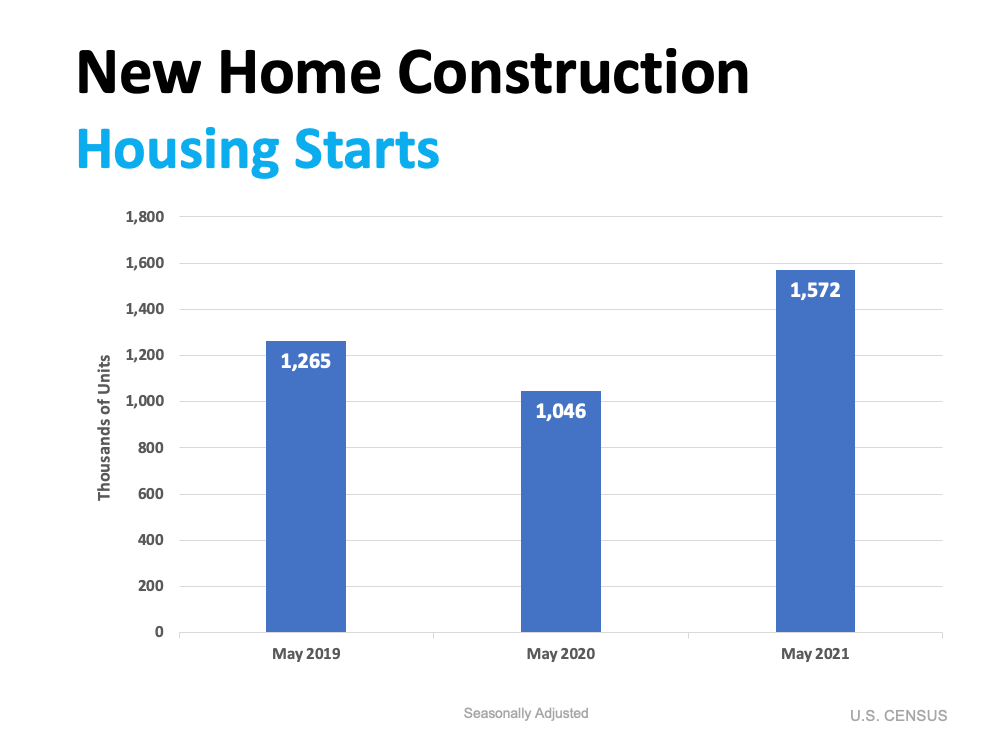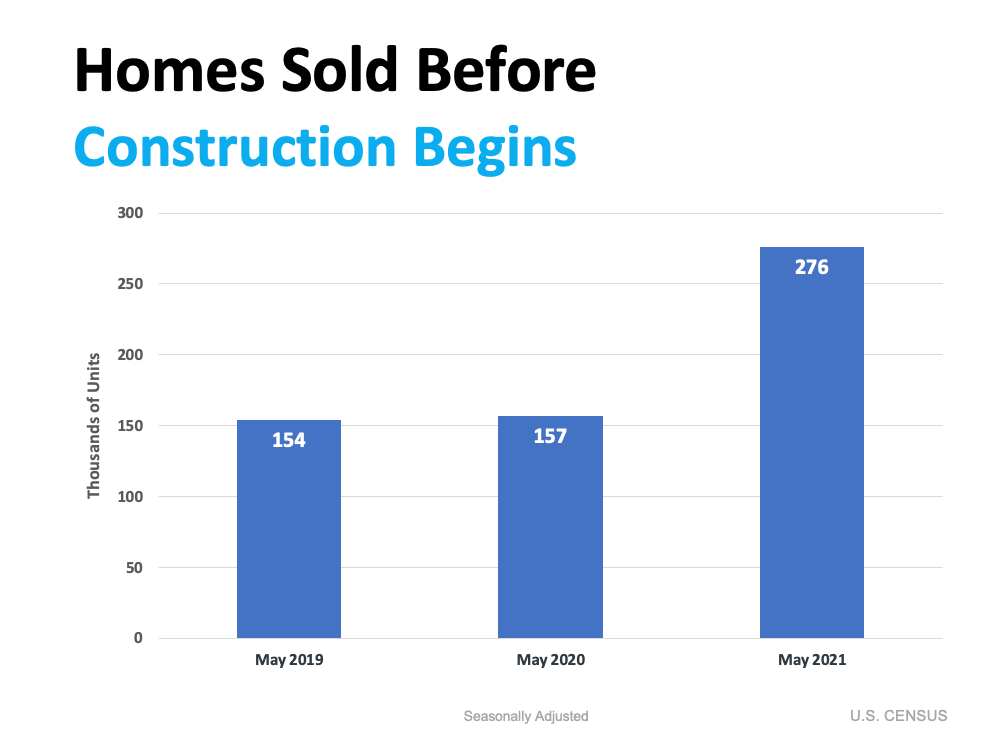For many young or first-time homebuyers, purchasing a home can feel intimidating. A recent survey shows some homebuyers ages 25 to 40 may be unsure about the homebuying process and what they can afford. It found:
- “1 in 4 underestimated their buying potential by $150k or more”
- “1 in 4 underestimated the increase in value by $100k or more”
- “47% don’t know what a good interest rate is”
Because they feel uncertain, many young homebuyers have given up on their search, or worse, they’ve decided homebuying isn’t for them and never started on their journey to begin with.
If you’re interested in buying but aren’t sure where to begin, here are three key concepts about homeownership you should understand before you get started.
1. What You Need To Know About Down Payments
Saving for a down payment is sometimes viewed as one of the biggest obstacles for homebuyers, but that doesn’t have to be the case. As Freddie Mac says:
“The most damaging down payment myth—since it stops the homebuying process before it can start—is the belief that 20% is necessary.”
According to the most recent Home Buyers and Sellers Generational Trends Report from the National Association of Realtors (NAR), the median down payment for homes purchased between July 2019 and June 2020 was only 12%. That number is even lower when we control for age – for buyers in the 22 to 30 age range, the median down payment was only 6%.
2. You May Be Able To Afford More Home Than You Think
Working remotely, exercising, and generally spending more time than ever in our homes has changed what many people are looking for in their living space. However, some young homebuyers don’t feel they can afford a home that suits their growing needs and have decided to continue renting instead. That means they’ll miss out on some of the long-term benefits of owning a home. As an article recently published by NAR points out:
“Many young adults are underestimating how much they need for homeownership, the survey finds. Millennials underestimated how much home they can afford right now, how much interest they would pay over a 30-year mortgage, and how much home values appreciate, on average, over 10 years...”
Knowing how much home you can afford when starting the buying process is critical and could be the game-changer that gets you from renting to buying.
3. Homeownership Will Become Less Affordable the Longer You Wait
Finally, with mortgage rates starting to rise along with home prices appreciating, putting off buying a home now could cost you much more later. Sam Khater, Chief Economist at Freddie Mac, notes:
“As the economy progresses and inflation remains elevated, we expect that rates will continually rise in the second half of the year.”
Most experts forecast interest rates will rise in the months ahead, and even the smallest increase can influence your buying power. If you’ve been on the fence about buying a home, there’s no time like the present.
Bottom Line
If you feel overwhelmed by the prospect of starting your home search, you’re not alone. Let’s connect today so we can talk more about the process, what you’ll need to start your search, and what to expect.
![Your Home Equity Can Take You Places [INFOGRAPHIC] | MyKCM](https://files.mykcm.com/2021/07/08155756/20210709-MEM-1046x2095.png)
